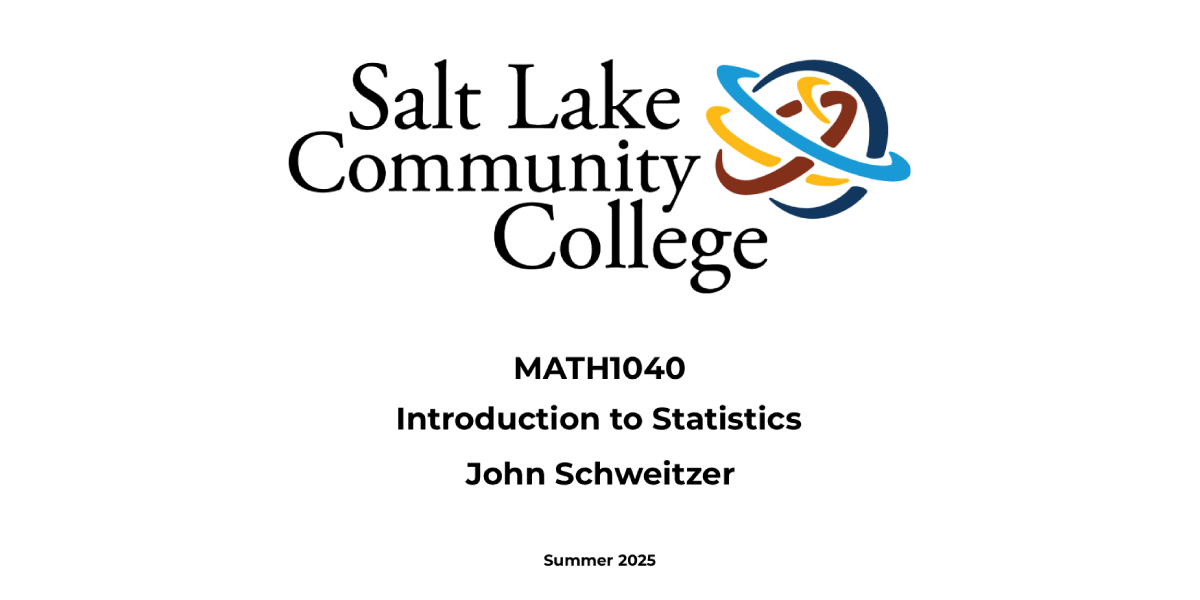Introduction to Statistics (MATH1040)

Introduction to Statistics (MATH1040)
📝 Course Description
Emphasizes descriptive and inferential statistical procedures through simulation, sampling design, descriptive statistics, linear regression and correlation, probability, sampling distributions, hypothesis testing and confidence intervals, and technology to perform statistical analyses. Recommended for students desiring statistical literacy.
🎯 Expected Outcomes
- Identify and describe introductory psychological concepts.
- Apply psychology to aspects of life such as personal growth, everyday life, or the college experience.
- Identify and evaluate different research strategies used in psychology including ethical concerns.
- Evaluate, design, or conduct psychological research.
📝 Course Syllabus
Click Here to download a full copy of this course’s syllabus.
✒️ Signature Project
Tuberculosis Project
🪞 Course Reflection
Most of this assignment has already played a role in shaping how I do things both in other classes and in the real world. Just this past week I was asked to perform some statistical analysis on some metrics for work. This project has not only made understanding why I am doing something clearer but has also challenged me to question why I am evaluating certain statistics, and if there can be a link among different statistics. Not only that, but at the beginning of this project much research went into validating randomness and performing research into the countries that were selected. I think that this could be applied to many different things – both in the educational environment and out in the workforce.
This assignment has been instrumental in allowing me to progress through this class. When I entered this class, I was initially concerned that some of the concepts would not be retained once an assignment was completed. This project has kept most of the concepts that we have practices throughout the course fresh in my mind, as we need to revisit the foundations to continue to work forward through the project. Not only that, but with the support that I received through the class that allowed me to work through the problems on my own, rather than having someone there to provide a crutch, it forced me to be more mindful and intentional about what I was doing. I think that this meant that if I didn’t understand something I forced myself to utilize the resources available to me to try and rectify the issue I was having, rather than having someone solve the issue for me.
Upon my entrance to this course, I will admit that I was very worried that I would end up fumbling my way through the course without understanding anything. This project and the course as a whole has reminded me why I loved taking math classes when I was younger. I think that the concepts are incredibly interesting and empower me to make more informed decisions in the real world.